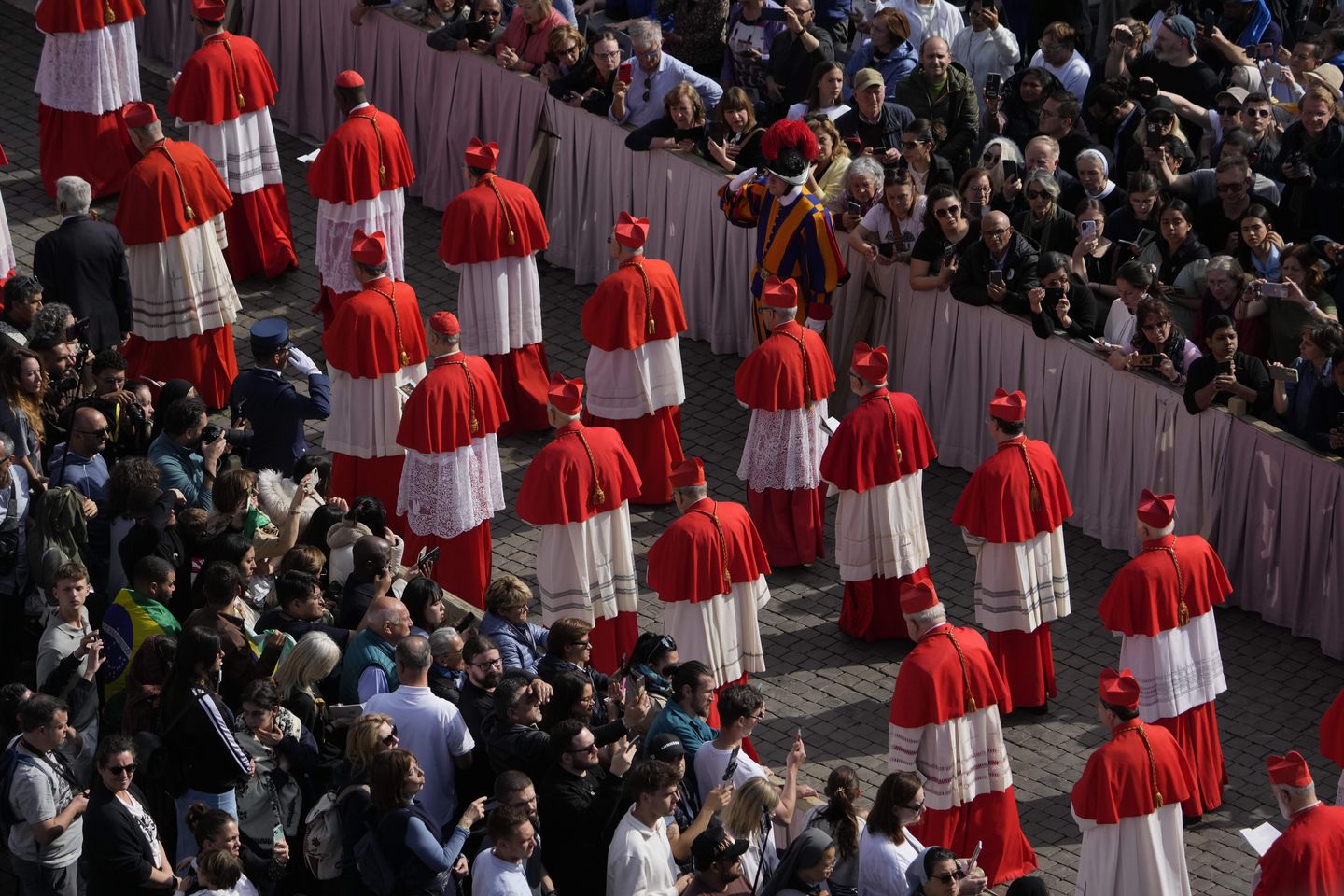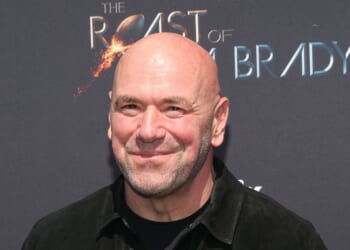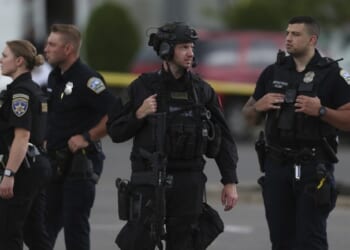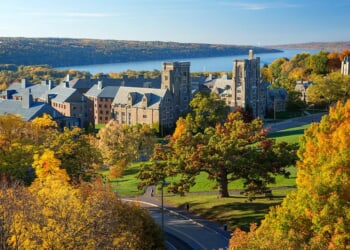
Hi, I’m George Gerbo. Welcome to Washington Times Weekly, where we get a chance to sit down with our reporters and dig into their coverage of the latest news and events.
Joining me today is Washington Times faith and culture reporter Emma Ayers.
[GERBO] Let’s get into what’s been the biggest subject over the course of your reporting in the past week and that is, of course, the death of Pope Francis. He was able to give a blessing on Easter Sunday from St. Peter’s Cathedral and just a day later he dies. He had been dealing with health issues of course over the past couple of months, an extended hospital stay before he was released, and now just kind of an end to his papacy. But one that folks have been perhaps expecting for some time. The movie “Conclave” came out late last year and was an Oscar-nominated movie. And it gets people thinking about, well, the Pope’s health has been in doubt for the last couple of months, if not years. And now, just a day after Easter Sunday, his pontificate ends.
[AYERS] The timing was quite beautiful, I think, for a lot of people who loved Pope Francis. Easter Monday is a specific holiday to Catholics, one that is very much cherished as a time of celebration. Some people are noting that Francis may have held out so that Easter was a day of celebration rather than mourning. And, you know, who’s to say, but it is very meaningful to a lot of people who loved him.
[GERBO] It takes us now into, after his funeral, this conclave period which draws a lot of intrigue, draws a lot of eyeballs across the world — not just among parishioners and people of the Catholic faith — where the College of Cardinals will gather in Rome in secret. If black smoke comes out, there is no pope after a round of voting. If white smoke comes out, there will be a pope after a round of voting. And you have this ideological battle that you’ve written about, Emma, as the church kind of, I don’t want to say tries to find its place in the 21st century, but you have Francis whose pontificate was more progressive than recent popes. He was the first pope from the Americas, from Argentina, and you’ve got his side of the spectrum of the aisle, where he’s appointed a lot of these cardinals to the college that will elect the next pope. But then there is a similar number of Cardinals on the other side that believe the church has strayed too far away from conservatism and a conservative doctrine in its teachings and in its direction to the faithful. That battle is going to be very interesting as we watch it play out in the next couple of weeks.
[AYERS] That’s right. And it’s one that’s been culminating for a while, even when Pope Francis was alive. This isn’t new. It’s just something that now is coming to a head because the possibility of having a new focus is on the table suddenly. But throughout his papacy, he’s had a lot of detractors who have noted that he’s doing things differently. And some people say that doing things differently is not necessarily progressive, but ardent conservatives argue that it is. It’s interesting to see what will happen.
This is the first, according to experts, this is the first time in probably 70 years that there hasn’t really been much of an idea of who might take the pontifical seat. A large part of that is because it’s the most geographically diverse conclave that’s ever existed. For the first time, the European faction is just slightly the majority. So you have a lot of influence from Africa. You’ve had a lot of influence from Asia. And all of this is Pope Francis’ doing. He appointed around 80% of the cardinals who will be selecting the next pope. And there’s some question as to whether or not those cardinals are necessarily aligned with the way that Pope Francis saw things. Certainly, some of them probably are. But others, from what I understand, are aligned more so with their communities. There’s all sorts of ways that different countries view the church’s dogma. And so it’s very much geographically disparate, and it’s going to be interesting to see what happens.
Watch the video to see the full conversation












